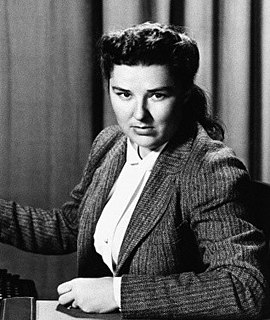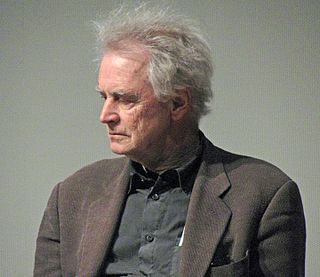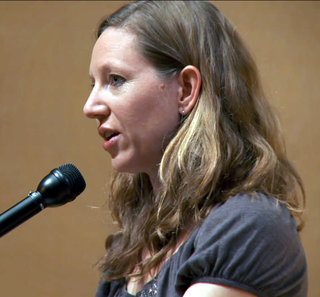A Quote by Randy Pausch
it make no sense to talk about rights without also talking about responsibilities
Related Quotes
I think, at some level, we see young people all over the country mobilizing around different issues, in which they're doing something that I haven't seen for a long time. And that is, they're linking issues together. You can't talk about police violence without talking about the militarization of society in general. You can't talk about the assault on public education unless you talk about the way in which capitalism defunds all public goods. You can't talk about the prison system without talking about widespread racism. You can't do that. They're making those connections.
My grandfather was a man, when he talked about freedom, his attitude was really interesting. His view was that you had obligations or you had responsibilities, and when you fulfilled those obligations or responsibilities, that then gave you the liberty to do other things. So the freedoms that we talk about today, the liberties that we talk about today were the benefits that you got from discharging your responsibilities.
My own sense as an American is that we have begun to experience the disadvantages of framing virtually all moral issues in terms of individual rights. American history has consisted of swings back and forth between rights talk on the one hand and talk of duties, responsibilities, and the common good on the other hand. Recent decades have seen a big swing toward rights, and conceived in very individualistic terms, which hasn't always been the case even with rights.
It is impossible to talk about slowing climate change without talking about reducing CO2 emissions. Equally, it is impossible to talk about adapting to climate change without considering how we will feed ourselves. And it is out of the question that we can adapt agriculture without conserving crop diversity.
Why can't we have a voice? What's the difference between an athlete having millions or Donald Trump? Every time a politician talks, they talk about what's wrong with America. Well, he's an athlete who is also saying something is wrong with America. Why is it that when he talks, people say, 'How can he talk about oppression and make millions?' Well, Trump is talking about it. Hillary Clinton is talking about it. And they have more money than most athletes.
Whenever you get involved with talking about rights, you're talking about being a citizen. You're talking about being a citizen in capitalism; you're talking about what rights are granted to what identities, under what laws, and all that is a big mix. Marriage is, among many other things, a formality to channel capital through a family. And that's why the big DOMA lawsuit was about paying too many taxes! "I wouldn't have had to pay all these taxes if Theodora had been Theo" - that was the big tagline. It's all about protecting assets.


































